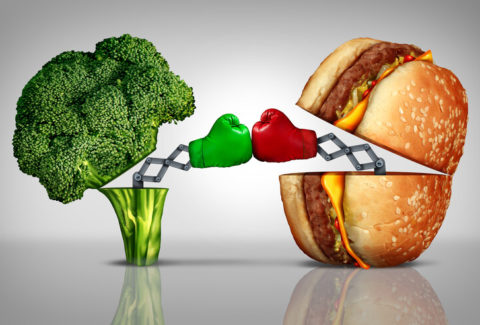25 Additional Practices of Supertherapists
A practice is the actual application of an idea, belief, or method. It is going beyond theories. It is about implementation and execution. One important characteristic of Supertherapists is their ability, enthusiasm, and discipline to practice. In a previous article, entitled, 25 Practices of Supertherapists, we outlined a number of practices that make Supertherapists who they are. This article presents 25 additional ones. Let’s read on:
- They embark on the continuous process of developing a healthy relationship with their thoughts, feelings, and external environment
- They often make use of refocusing techniques and reminders to remain focused on their tasks at hand, weakening incessant thoughts[1], and reinforcing insightful and experiential thoughts
- They continuously pay attention to each of the seven areas of life, knowing everything is part of a process and focusing on being in harmony as often as possible
- They continuously work on developing compassion for the less fortunate, remembering that everyone is a part of themselves
- They understand that they are only part of a whole and their work is to participate in the evolution of life, while modeling for others
- They give up the desire to be viewed favorably by others, understanding that this is a world of projection[2] and we are the ones giving everything all the meaning that it has for us
- They give up the desire to be better than others, understanding that each one of us have our own process of evolution[3]
- They understand that things on the outside are to use instead of to be attached to
- They give up any attitude of superiority, understanding that any feeling of superiority denotes one of inferiority[4]
- They give up complaining, understanding that it is simply a sign of victimhood[5], hence of misunderstanding
- They give up resentment, understanding that resenting another is the same as drinking poison and expecting that the other dies
- They give up speaking ill of anyone or anything, understanding that would only be a testimony of their own projection
- They continuously work on collaborating well with others, understanding that each interaction is an opportunity to know more about themselves
- They give up doing things just to be seen, recognized, or acknowledged, understanding that what truly matters is the expression of our true self, our talents, and our strengths for the benefit of others
- They become familiar with the ethical principles of mental health[6], allowing them to be their point of reference as part of their decision-making process
- They learn to fight nothing, to use no force; rather, to use power and get things done[7]
- They know that the first rule to see anything different is to accept what is and then choose again, consciously
- They are not fooled by the illusory nature of control. They know that everything that takes place in life is simply part of a feedback mechanism to help them grow and develop
- Instead of focusing on what is not working, they dedicate their strength and power to what they want to see happen
- They know that they do not change a system by fighting it; rather, by building a new one, making the existing one obsolete
- They take pleasure in that which lasts and that which is promoting for all
- They learn to make no decisions on partial feelings. They make use of Preliminary Breathing, as often as possible, before making any decision
- They tend to endorse as many things as possible to the Source of Wisdom that is in them, knowing that too much noise from the outside can often cloud their judgment
- They continuously remain attentive to their patterns, to how they reinforce them, and they work on reinforcing them less and less and letting them eradicate themselves
- They know that what it takes is to remove as many internal blocks and conflicts as possible so the Source of Wisdom in us expresses itself in all areas of our life
Back to you:
- Which one of these 25 additional practices are yours?
- Which one of them are foreign to you?
- Which one would you like to start implementing right away?
- When would you like to start implementing them?
- What do you need to get started?
[1] Boxe, Agata. “Confessions of a Recovering Perfectionist: TAKE IT FROM A SEASONED PRO (AND MENTAL HEALTH EXPERTS): YOU ARE NOT ALONE. BUT YOUR LOFTY, SELF-IMPOSED STANDARDS MAY BE ISOLATING YOU.”Discover 41.8 (2020): 26-29.
[2] Scherer, Klaus R. “Neuroscience projections to current debates in emotion psychology.”Cognition & Emotion 7.1 (1993): 1-41.
[3] Kerr, Andrew.The humility imperative: Why the humble leader wins in an age of ego. Lulu. com, 2017.
[4] Adeka, P. “The Concept of Inferiority and Superiority Complex.” (2019).
[5] Campbell, Bradley, and Jason Manning. “The rise of victimhood culture.” Microaggressions, safe spaces, and the new culture wars, The Rise of Victimhood Culture: Microaggressions, Safe Spaces, and the New Culture Wars 1 (2018): 265.
[6] DuBois, James M.Ethics in mental health research: Principles, guidance, and cases. Oxford University Press, 2008.
[7] Hawkins, David R. Power vs. force. Hay House, Inc, 2014.









